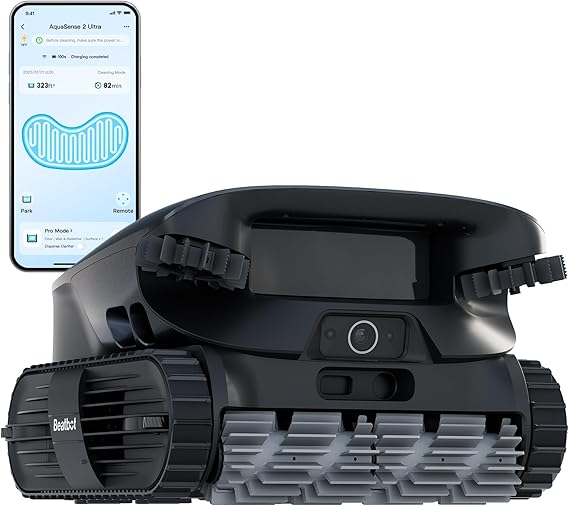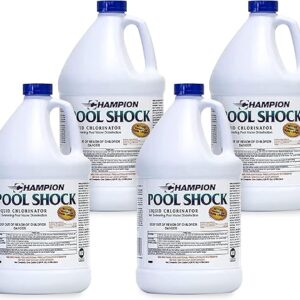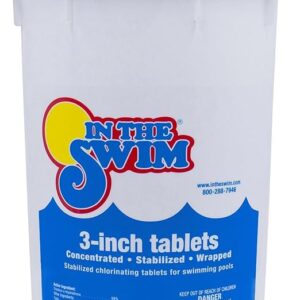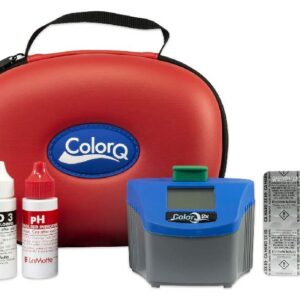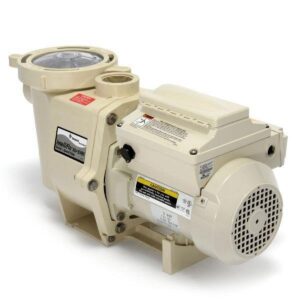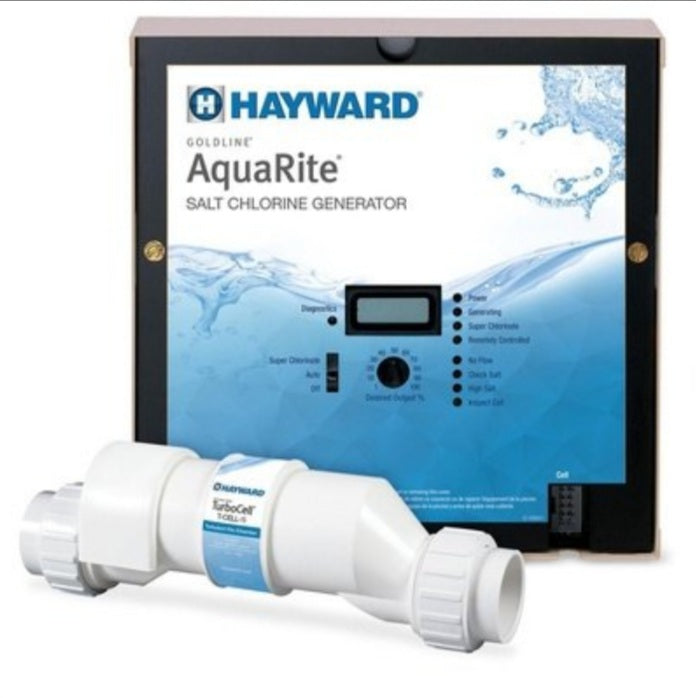如何为您的水疗中心或游泳池选择合适的泳池加热器:燃气加热器、电热泵还是太阳能加热器?
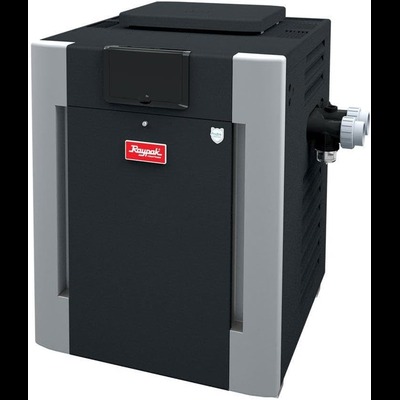
在冬季等寒冷季节,游泳池通常会变得冰冷,通常会进行防冻处理,这意味着它们会关闭,直到温暖的月份回归。然而,对于那些喜欢全年在温暖的水中游泳或放松的人来说,泳池加热器是一个完美的解决方案,即使在最寒冷的天气里,也能让您的泳池或水疗中心保持温暖舒适。
本指南探讨了泳池加热器的类型、它们的优点以及如何根据您的特定需求选择合适的尺寸和类型。
泳池加热器的类型
泳池加热器主要有三种类型: 燃气加热器, 热泵, 和 太阳能加热器每种类型都有各自的优势,具体取决于泳池大小、位置、运营成本和个人喜好等因素。让我们深入了解这些选项,帮助您确定最适合您泳池或水疗中心的方案。
1. 燃气池加热器
燃气池加热器,例如流行的 Raypak 天然气泳池加热器使用天然气或丙烷加热水。这些加热器以其快速加热能力而闻名,非常适合需要快速加热泳池或水疗中心的人。
燃气加热器的优点:
- 快速加热:燃气加热器可以快速提高水温,非常适合按需加热。
- 全天候性能:与太阳能加热器不同,燃气加热器在所有天气条件下都能有效工作,包括寒冷或下雨天。
确定燃气加热器的尺寸:
The size of your gas heater is critical for efficient heating. Heater size is typically measured in BTUs (British Thermal Units). Here’s a general guideline based on pool size:
- 泳池下方 10,000 加仑:选择一个 100,000 至 200,000 BTU 燃气加热器.
- 泳池 10,000–20,000加仑:答 400k BTU Raypak 丙烷泳池加热器 强烈推荐用于快速高效的加热。
- 泳池结束 2万加仑: 考虑 400,000 至 500,000 BTU 燃气池加热器 以获得最佳性能的模型。
For smaller spas or hot tubs, a higher BTU heater can still be used for greater efficiency and reduced operating costs.
材料和维护:
燃气加热器采用各种热交换器材料: 铜, 白铜合金, 和 ASME铜. 对于咸水池, 带白铜合金的燃气泳池加热器 或者 ASME铜 交换器具有更好的耐腐蚀性。定期维护,包括平衡pH值和氯含量,有助于防止污渍和结垢。
2. 热泵泳池加热器
热泵效率极高,尤其是在温和的气候条件下。它们利用电力从空气中提取热量,并将其转移到泳池水中。
像 Raypak 电动泳池热泵 是长期持续加热的绝佳选择。
热泵的优点:
- 能源效率:热泵是长期维持水温的经济有效的方法。
- 多功能性:许多型号还可用作冷却器,在炎热气候下冷却池水。
确定热泵尺寸:
使用美国能源部推荐的以下公式来确定您的泳池所需的 BTU:
泳池面积(平方英尺)× 温升(华氏度)× 12.
例如,面积为 500 平方英尺的泳池需要温度升高 15°F,因此需要容量为 90,000 BTU 的热泵。
- 地上游泳池或水疗中心容量高达 5000 加仑, 16000 BTU电动热泵 是理想的。
- 地下泳池或地上泳池容量高达 8000 加仑, 30000 BUT电动热泵 就足够了。
- 地下及以上泳池和水疗中心容量高达 15000 加仑, 70000 BTU电动热泵 是理想的。
- 对于容量高达 28000 加仑的游泳池和水疗中心, 90000 BTU电动热泵 是必须的。
- 对于容量高达 32000 加仑的游泳池, 110 BTU热泵 是想法。
- 对于容量高达 42000 加仑的地下和地上泳池和水疗中心, 140000 BTU电动热泵 是需要的。
理想应用:
热泵在冬季气候温和的地区(如德克萨斯州或佛罗里达州)以及较小的游泳池或水疗中心最为有效。
3. 太阳能泳池加热器
太阳能泳池加热器 利用太阳能加热泳池水。这类加热器环保,且运行成本在所有泳池加热器中最低。
太阳能泳池加热系统的优点:
- 环保:太阳能热水器依靠可再生能源,减少碳排放。
- 节省成本:一旦安装,它们产生的运营费用极小。
限制:
太阳能加热器在阳光充足的气候和夏季最有效。它们不适合寒冷地区或全年供暖需求。
确定太阳能泳池加热器的尺寸:
The size of the solar heater depends on the surface area of your pool. As a rule of thumb, the total surface area of the solar panels should be 50–100% of the pool’s surface area.
选择泳池加热器时要考虑的因素
1. 泳池尺寸和加热器容量
泳池或水疗中心的容积(加仑)是选择合适加热器的关键因素。如果泳池加热泵或泳池热泵的英热单位 (BTU) 不足,就难以有效地加热水。
2. 气候和位置
您所在地区的气候会影响加热器的性能。在费城等较冷的地区, 400k BTU Raypak 丙烷泳池加热器 非常适合即时加热。在较温暖的地区,热泵或太阳能泳池加热器通常就足够了。
3. 泳池加热器价格和运营成本
虽然太阳能泳池加热系统的初始成本可能较高,但从长远来看,其运营节省的成本将超过燃气或电动泳池热泵。
4. 能源可用性
确保您的家能够满足您所选加热器类型的能源需求,无论是燃气、丙烷还是电力。


